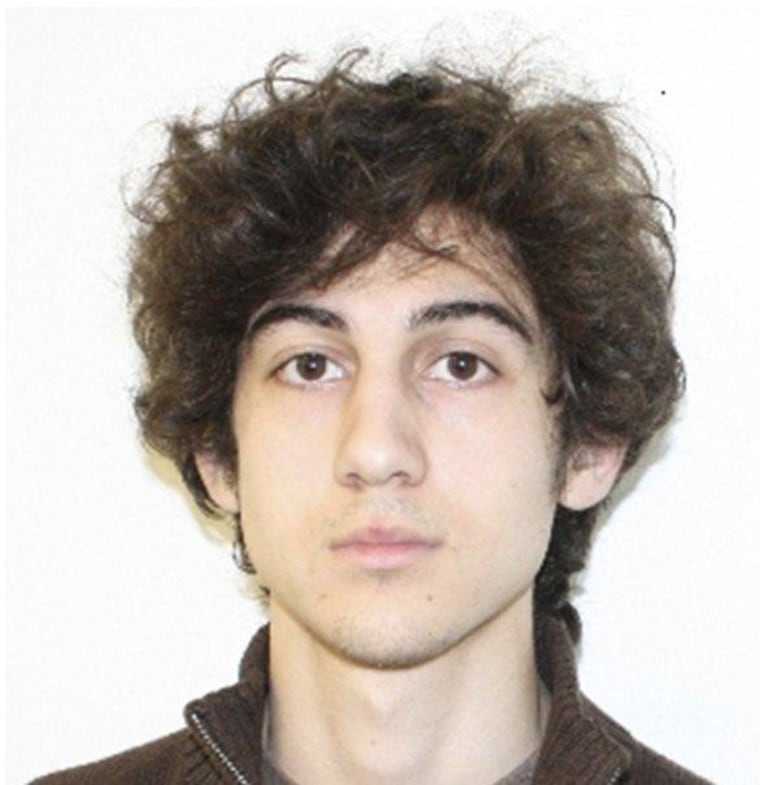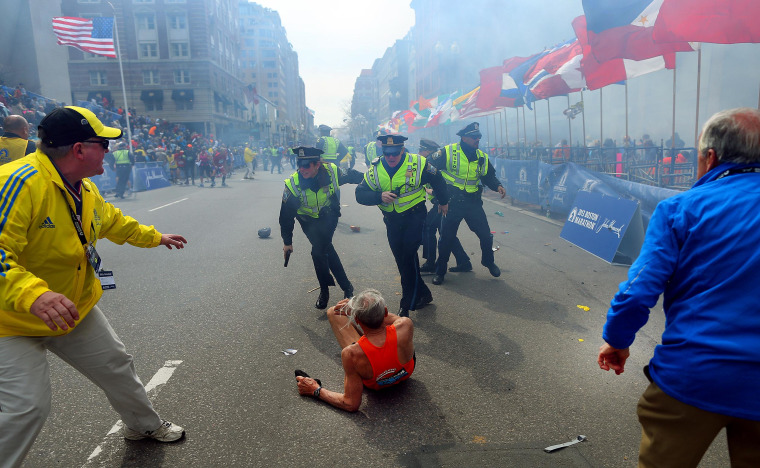The Justice Department has notified a federal judge that it intends to seek the death penalty if a jury convicts Dzhokhar Tsarnaev for last April's bomb attacks at the Boston Marathon.
Tsarnaev awaits trial on charges that he and his brother built and planted two pressure cooker bombs that killed three people and injured at least 260 others. He is also charged with killing an MIT campus police officer.
Attorney General Eric Holder said in a statement: “After consideration of the relevant facts, the applicable regulations and the submissions made by the defendant’s counsel, I have determined that the United States will seek the death penalty in this matter. The nature of the conduct at issue and the resultant harm compel this decision."
Among the factors listed by the government were that the killings were intentional, resulted from acts calculated to cause grave risks to public safety, and were committed in a cruel manner. And prosecutors said the defendant has demonstrated no remorse.
While most legal experts predicted the Justice Department would seek the death penalty, the decision will be somewhat controversial.
A poll conducted in September for the Boston Globe found that 57 percent of respondents favored a sentence of life without parole if Tsarnaev were to be convicted, while 33 percent thought death would be the appropriate punishment for the government to seek.

Executions in the federal system are rare. In the modern era of the death penalty, since the US Supreme Court forced a change in sentencing laws in the mid-1970's, the federal government has carried out just three executions.
Timothy McVeigh was put to death in 2001 for his role in bombing the Oklahoma City federal building in 1995. The most recent federal execution was more than a decade ago.
The federal execution system has been put on hold by a court battle over the combination of drugs used to administer a lethal injection. One of the drugs is no longer available, forcing the Bureau of Prisons to consider alternatives.
In the event of a conviction and a recommendation of a death sentence, the execution by lethal injection would be carried out at a federal prison in Terre Haute, Indiana.
No trial date for Tsarnaev has been set.
